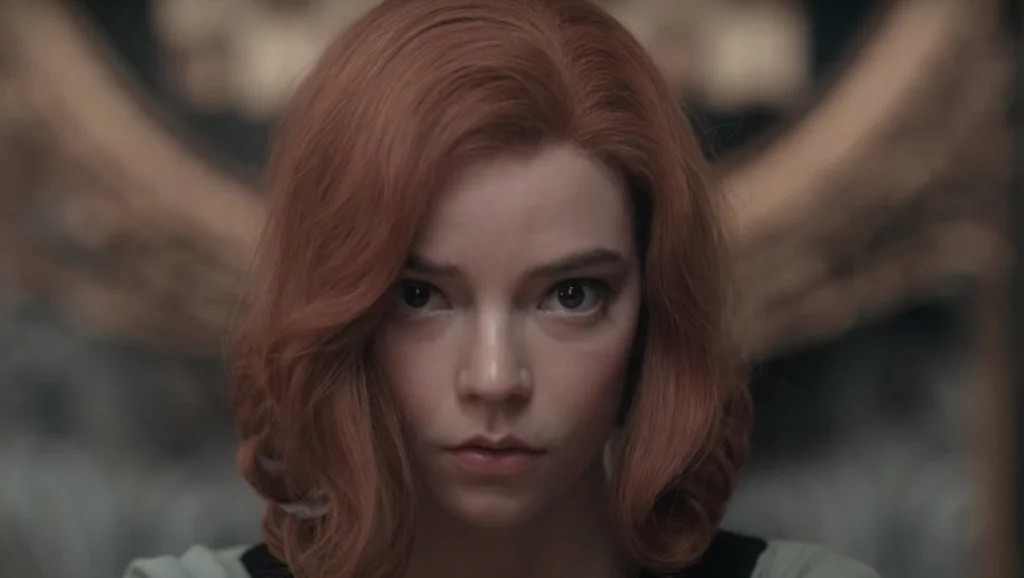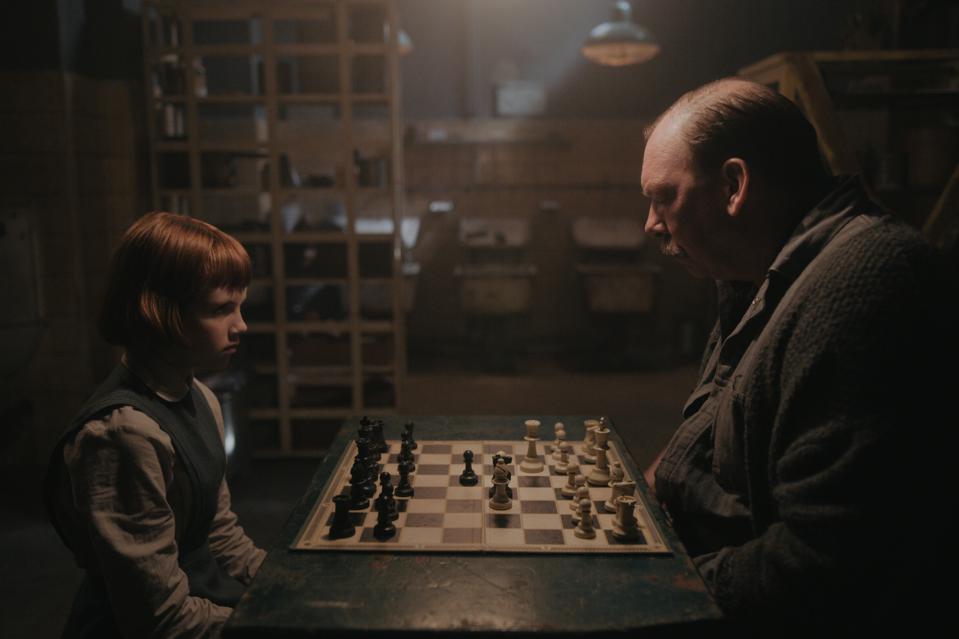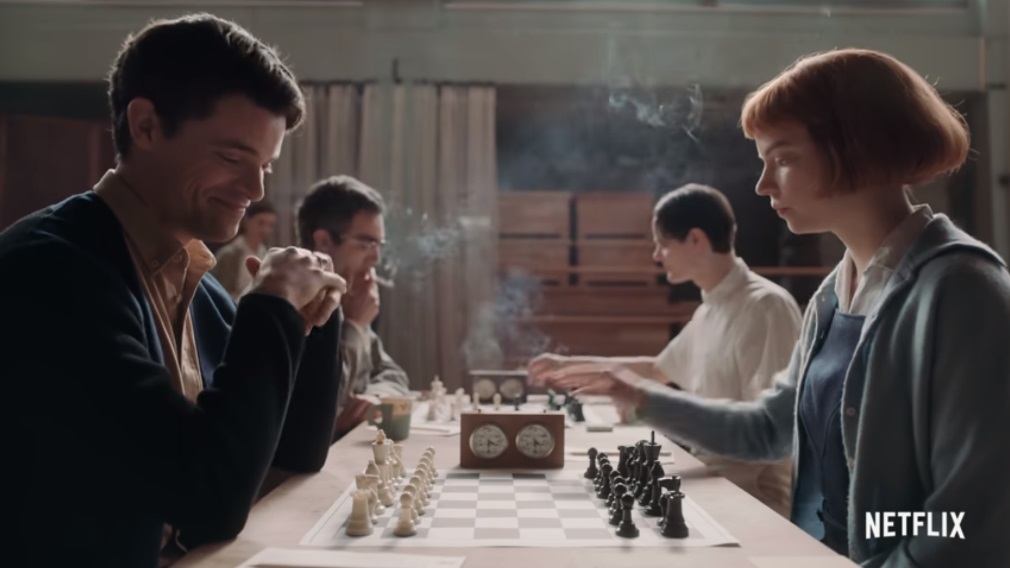Welcome to my Accidentally Autistic series, in which I discuss headcanoned autistic characters — characters not formally declared autistic by the creators, but heavily coded that way, whether intentionally or unintentionally.

Am I watching old favorites because I’m in a funk? Maybe.
About a Boy is about a snarky, self-centered man named Will who gradually learns to open up and make genuine connections with people. I love characters like this, so it’s not surprising I like this movie. The second main character is Marcus Brewer, a twelve year old boy who meets Will on the day that his depressed mother attempts suicide. He stalks Will and forces him into a mutually beneficial friendship.
Marcus reads as autistic to me. He’s described as a “weird kid.” He randomly sings or talks aloud without realizing it, and spouts out inane facts in conversation, like that dolphins can kill sharks with their noses.
Marcus misses a lot of social nuances. When Will offhandedly says, “see you soon” as a generic parting phrase, Marcus takes him literally, calling him up to ask when they’ll be hanging out next. Will tries to get out of it, but Marcus doesn’t take the hint.
“I’m super busy at the moment.”
“I thought you did nothing.”
When Will finally acquiesces, Marcus insists his mother come along and bluntly tells Will they’ll either have to go someplace cheap or Will has to pay. Will remarks on the bluntness and Marcus reiterates, “You’re rich, we’re poor, you’re paying.”
When Marcus invites himself over to watch television, he abruptly announces his departure and leaves once he’s had enough. It feels very scripted to me. Marcus offers a hand for Will to shake and says, “Thanks, see you.” Then just leaves before Will can reply. In another scene, Will holds up a hand and says “high five.” Marcus doesn’t react and just walks past him. When Will attempts to talk about his attraction to Rachel, Marcus interrupts him to talk about his own girl problems. He also doesn’t understand slang like “taking a piss.”
Marcus seems to get along better with adults than with kids, understanding them better. He does try with other kids, but his conversations come off as forced or odd. He’s bullied horribly at school. When he’s confronted with another bully at Rachel’s house, he leaves without even announcing his departure to the adults. To me this reads as both overwhelm and unconsciously breaking a social convention.

One could argue that Marcus is nerdy and weird because of his mother, who is, in the words of Will, a “daft fucking hippie,” but most kids don’t look to their parents for how to fit in past a certain age. When Marcus tries to set his mother up with Will, he had a hand in making her look less than presentable: “At least she looked good. I made her put on that nice furry jumper, and those earrings she got from a friend who went to Zimbabwe.” Even though he’s socially ostracized, he doesn’t seem to understand that his own fashion sense is as bad as his mother’s.
There were no signs of sensory issues that I saw, but most accidental portrayals have them.
So what do you think? Is Marcus autistic?









